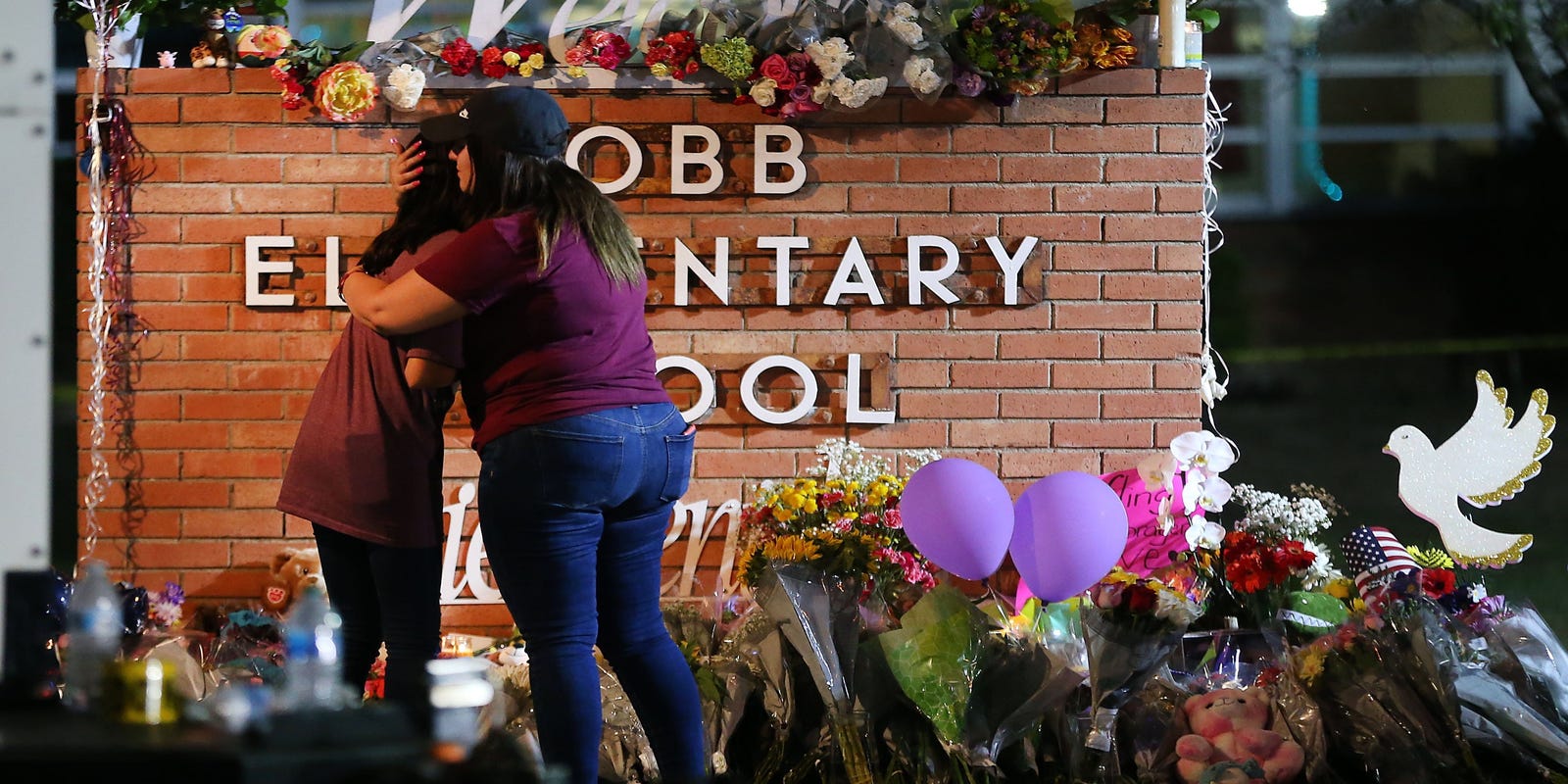Mental Health Funding Cut: Trump Team Pulls Plug on $1B School Support Program

In a surprising move, the U.S. Department of Education has decided to halt the renewal of approximately $1 billion in critical school mental health grants that were originally established in the wake of the devastating Uvalde school shooting. These grants, which were designed to provide crucial mental health support for students and educators in the aftermath of the tragic incident, will not be continued beyond their current funding cycle.
The decision comes as a shock to many education advocates and community leaders who viewed these grants as a vital lifeline for schools struggling to address the emotional and psychological impact of gun violence. The Uvalde school shooting, which claimed the lives of 19 students and two teachers in May 2022, had prompted an urgent national conversation about school safety and mental health support.
By choosing not to renew the funding, the Education Department has raised significant questions about its commitment to supporting schools in managing the ongoing mental health challenges faced by students and staff in the aftermath of traumatic events.
